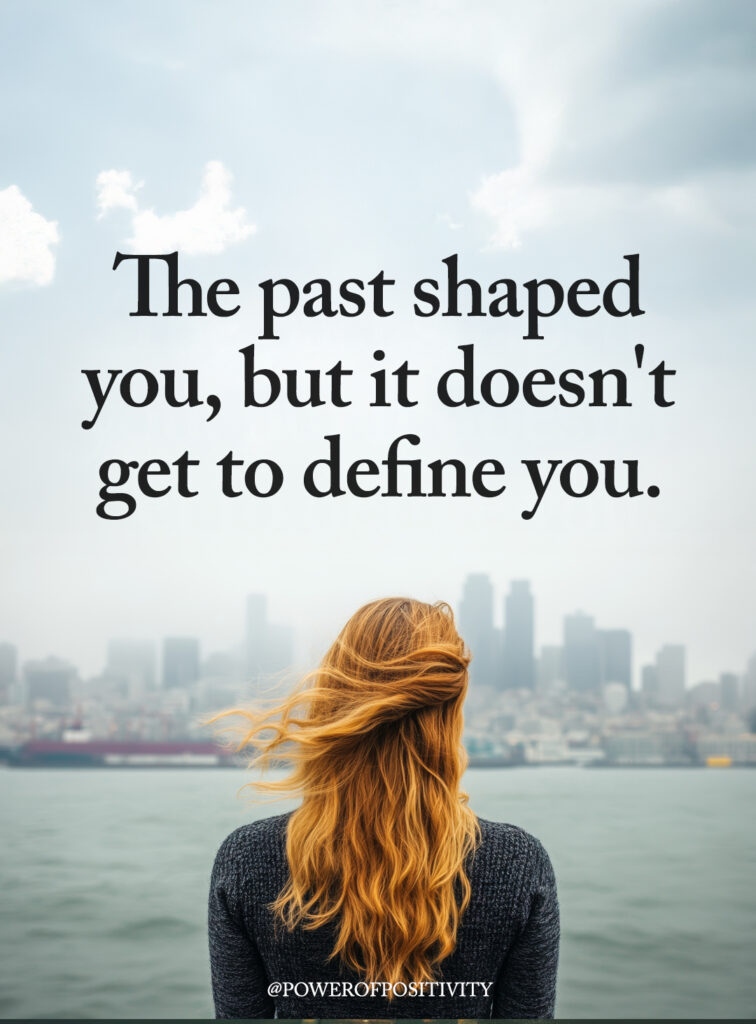Love can be wonderful, but it’s rarely simple. Relationships often bring joy, comfort, and connection, yet they can also leave behind heartbreak and confusion. Many people admit that the most important lessons about love didn’t make sense until later in life—after mistakes, arguments, or missed chances had already left a mark.
Looking back, it’s easy to wish someone had explained what really matters sooner. The truth is, love teaches its hardest lessons through real experiences, not textbooks or advice columns. That’s why some insights only click when it feels like it’s too late.
This article gathers timeless lessons about love that people usually learn the hard way. Reading them now may help you hold onto what really matters before it slips away.
Real Love Requires Effort, Not Just Feelings
Falling in love can feel exciting at first, but that rush doesn’t last forever. Infatuation is about butterflies and daydreams, while lasting love is about showing up every day.
Here are a few signs effort matters more than sparks:
- You keep choosing each other even when life feels stressful.
- You talk through problems instead of avoiding them.
- You do small things—like listening, helping, or being present—that show your love is real.
Feelings can start a relationship, but they won’t carry it through hard times. Couples often realize too late that consistency and care keep love alive. Real love is built on actions, not just emotions.
This is one of those lessons about love many people wish they had learned earlier. Chemistry may get two people together, but commitment and effort keep them together.
Self-Love Shapes Every Relationship
Not valuing yourself often turns love into dependency. When someone relies on a partner to feel worthy, the relationship becomes unbalanced.
Key signs self-love matters:
- You set healthy standards instead of accepting less than you deserve.
- You handle disagreements without feeling like you’ll “lose everything.”
- You bring confidence and calm energy into the relationship.
Insecurity is one of the hidden problems that hurts couples more than money or distance ever could. Without self-respect, it’s easy to cling too tightly or feel jealous. With it, love feels lighter, healthier, and more joyful.
Many lessons about love point back to this truth: how you see yourself shapes how you give and receive love. When you build self-worth first, every bond becomes stronger.
Boundaries Are a Form of Love
People often think boundaries push others away, but they actually protect relationships. Boundaries show what’s okay and what’s not, giving both partners room to be themselves.
Simple examples of loving boundaries include:
- Respecting each other’s time and personal space.
- Being honest about limits with work, money, or family.
- Saying “no” without guilt when something doesn’t feel right.
Without clear limits, resentment builds. Small frustrations pile up until they damage trust. The late lesson for many couples is that boundaries don’t weaken love—they strengthen it.
Healthy relationships are built when both partners know their needs matter. One of the most overlooked lessons about love is that protecting yourself also protects your bond.
Compatibility Matters More Than Chemistry
Attraction is powerful, but it doesn’t solve deeper issues. Two people can feel passion yet struggle to build a future if their values don’t match.
Compatibility shows up in daily life through:
- Shared goals for family, career, or lifestyle.
- Similar attitudes toward money, health, or faith.
- Emotional needs that balance instead of clash.
Many couples only realize later that passion without harmony often burns out. Chemistry might spark connection, but compatibility makes it sustainable.
One of the most practical lessons about love is this: don’t just ask, “Do we feel good together?” Also ask, “Can we grow together?” The answer often decides how long the relationship lasts.
Communication Is the True Lifeline
Unspoken feelings can quietly break even strong relationships. When needs stay hidden or assumptions take over, love slowly fades.
Clear communication means:
- Speaking up before little issues turn into big arguments.
- Listening to understand, not just to reply.
- Sharing appreciation as much as concerns.
Couples often learn too late that silence creates distance. A lack of honest conversation leaves people feeling unseen or unloved. Listening well can be just as important as saying the right thing.
One of the most lasting lessons about love is this: open dialogue keeps the connection alive. Without it, the bond weakens no matter how strong the love once was.
Forgiveness Is Necessary, But Trust Is Fragile
Every relationship will face mistakes, big or small. Forgiveness allows love to heal, but broken trust rarely returns to what it once was.
Things that often damage trust include:
- White lies that seem harmless but build doubt.
- Dismissing feelings when a partner is vulnerable.
- Betrayals that shake the foundation of safety.
Couples sometimes discover too late that forgiveness doesn’t erase the memory of being hurt. Trust takes time to build and seconds to break.
Another one of those lessons about love is this: don’t treat trust carelessly. Love can survive many challenges, but without trust, it rarely lasts long.
Conclusion – Love’s Lessons Never Expire
Love teaches in many ways—through joy, heartbreak, patience, and even regret. The wisdom we gain often comes later than we’d like, after mistakes or missed chances have already shaped us. Still, these lessons about love don’t lose their value just because they arrive late.
It’s never too late to practice healthier habits, set better boundaries, or show up with more care. Each step forward can strengthen the love you have now or prepare you for love ahead.
The deepest truths of love always reveal themselves in time, but the choice to live them starts today.















